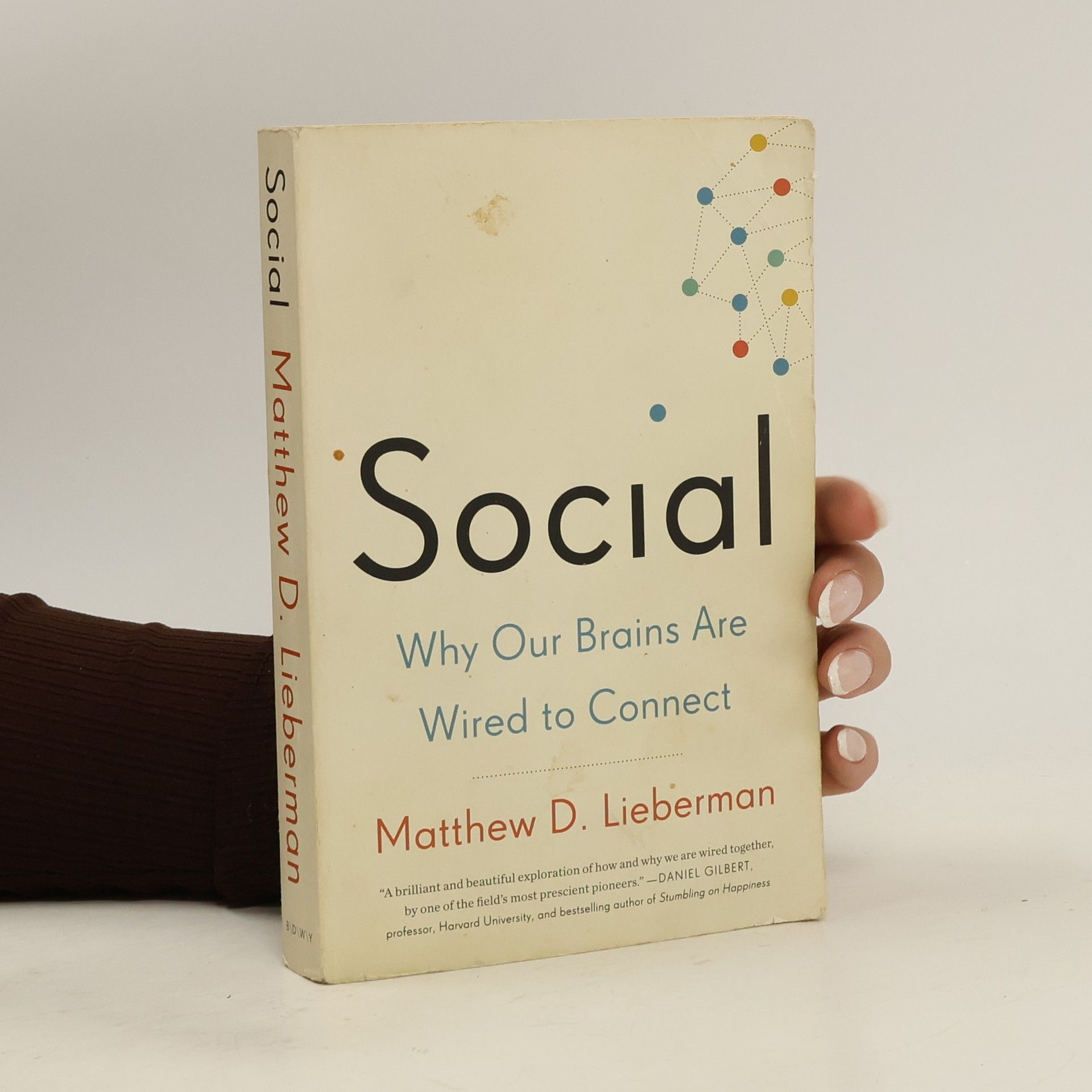Social: Why our brains are wired to connect.
- 384bladzijden
- 14 uur lezen
Love hurts. Literally. In fact, the breakup of a relationship is felt much the same way as the pain of a broken limb. This is just one of a number of startling insights coming from the new field of social cognitive neuroscience, which explores how our brain engages in social activity. We are, it seems, hard-wired to be social. We have evolved to survive complex social groups and that has moulded the architecture of our brains. So deep does this sociality go that social ostracism causes profound mental anguish. Words may indeed hurt as much as sticks and stones. Matthew D. Lieberman reveals how our brains drive us to seek, assess, and value social contact, and what these new findings mean for the way we manage our modern societies.

